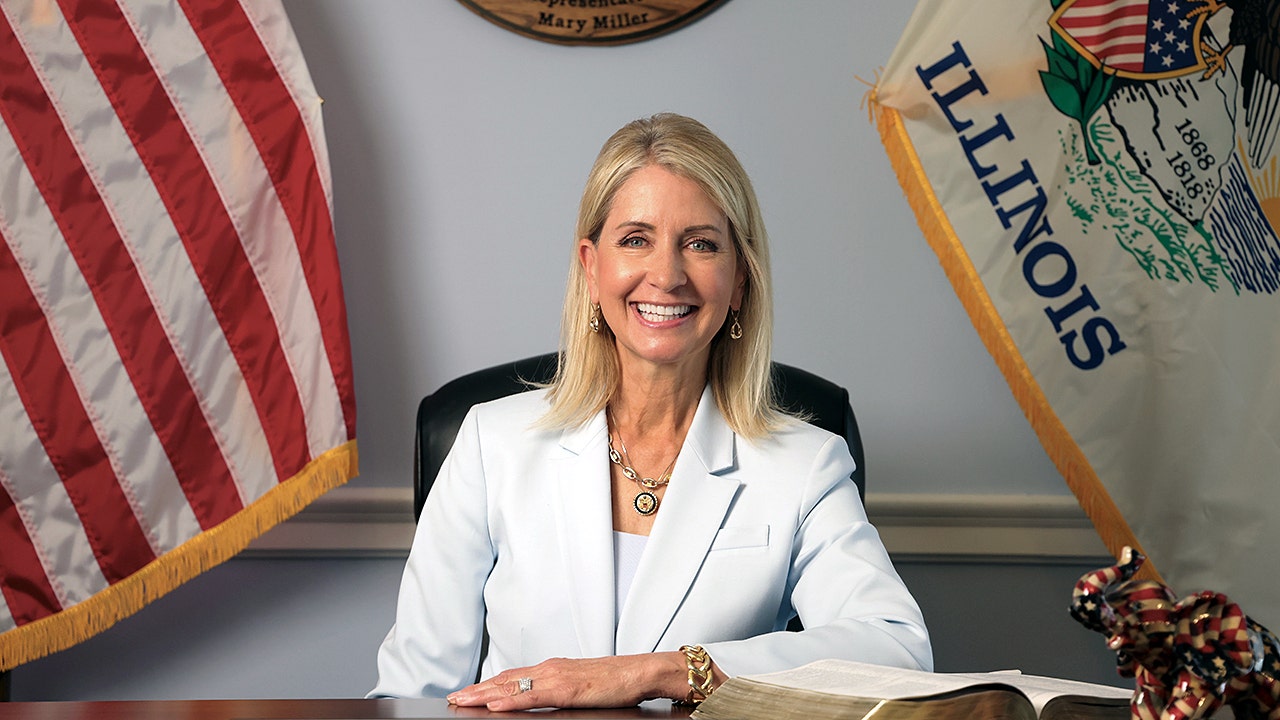‘Governor Cooper showed no regard for the criminal justice process,’ said Union County district attorney Trey Robison
On his final day as North Carolina governor, Senate hopeful Roy Cooper (D.) commuted the sentences of 15 convicted killers on death row, a move that blindsided and enraged the families of their victims. It’s another piece of his record on crime that Cooper will have to contend with as he attempts to sell himself as a tough-on-crime candidate.
Cooper said in a press release, just hours before he left office on Dec. 31, 2024, that he consulted with the families of the victims of the 15 men whose sentences he commuted to life without the possibility of parole. But that came as news to the family of Michael Miller, a man murdered in 1998 by Cerron Hooks, who was sentenced to death after being convicted of first-degree murder. Miller’s family told the press they were blindsided after learning Cooper spared Hooks from death row.
“My sister was upset, and a few other people in the family are upset,” Miller’s brother, Murray, told WGHP Greensboro. “He’s escaping what was handed down to him.”
Other grieving families across North Carolina were caught by surprise by Cooper’s last-minute death row commutations. That includes the family of Nelson Shuford, one of two victims of a double homicide in 1991 whose convicted killer, Nathan Bowie, was among the 15 convicts Cooper removed from death row.
“I really don’t know what to say. We wanted him to stay on there, but they took him off,” Shuford’s sister-in-law, Ruby Shuford, told WSOC-TV. “I feel like they should have kept him on death row. Because my brother-in-law didn’t have any chance.”
Cooper’s record on crime during his two terms leading North Carolina from 2017 to 2025 is facing renewed scrutiny as he now seeks to win the seat being vacated by Sen. Thom Tillis (R., N.C.) next year.
The Democrat is pitching himself to voters as a tough-on-crime governor, but his record while in office tells a different story. Cooper touts as one of his major accomplishments his creation of a policy advisory body that called for the elimination of cash bail for Class I misdemeanors across the state—the same policy that led to the release of the career criminal Decarlos Brown not long before he senselessly murdered Ukrainian refugee Iryna Zarutska on a Charlotte subway train in August.
The former governor also appointed several judicial appointees who granted leniency to violent repeat criminals, some of whom went on to kill innocent North Carolinians after their release from jail, the Washington Free Beacon reported.
Cooper’s final day commutations also caught several North Carolina district attorneys off guard. District Attorney Sarah Kirkman said she was shocked to learn the governor had spared Rayford Burke, who was sentenced to death in her district in the early 1990s for murdering a man who testified against him in a previous trial.
“There were a few emails back and forth, and I didn’t know where it stood, or if they were even considering it again,” Kirkman told WCNC Charlotte. “And then, to find out New Year’s Eve that this is what happened, it was just it was kind of hard news to take.”
“It goes to the very heart of our justice system, I would say, that somebody needs to testify and do the right thing, and then the defendant goes back and murders him,” Kirkman added.
Another prosecutor, Union County district attorney Trey Robison, said Cooper showed a complete disregard for the criminal justice system by commuting the death sentence of Darrell Strickland, who shot and killed a man in 1995 after an argument.
“While the governor’s authority to commute sentences is not in question, his handling of the case is troubling,” Robison said. “In commuting Strickland’s sentence, Governor Cooper showed no regard for the criminal justice process that led to Strickland’s rightful placement on death row.”
Though the families of victims and prosecutors widely condemned Cooper’s last-minute commutations, the governor’s move was praised by several liberal groups, including the Equal Justice Initiative, a nonprofit that has received more than $7 million from billionaire George Soros, which provides legal representation to death row inmates. Equal Justice Initiative director Bryan Stevenson hailed the commutations as an “important and commendable first step” to reverse the “significant evidence of racial bias” in North Carolina’s death penalty practices.
The American Civil Liberties Union of North Carolina offered similar praise for Cooper. “We have long known that the death penalty in North Carolina is racially biased, unjust, and immoral, and the Governor’s actions today pave the way for our state to move forward towards a new era of justice,” its executive director, Chantal Stevens, said in a statement.
Cooper did not offer a response to the North Carolinians who said they were blindsided and outraged when they learned the former governor commuted the death sentences of the convicted murderers who killed their loved ones.
“Roy Cooper is the only candidate who spent his career prosecuting violent criminals and keeping thousands of them behind bars as attorney general, and signing tough on crime laws and stricter bail and pretrial release rules as governor,” a Cooper campaign spokesperson told the Free Beacon. “DC insider and Big Oil lobbyist Michael Whatley is desperate to distract from his support for cuts to law enforcement that make North Carolinians less safe.”
Read the full article here







